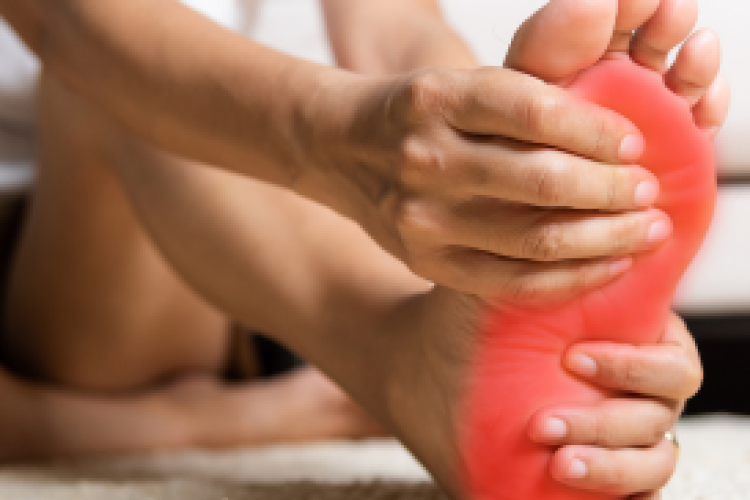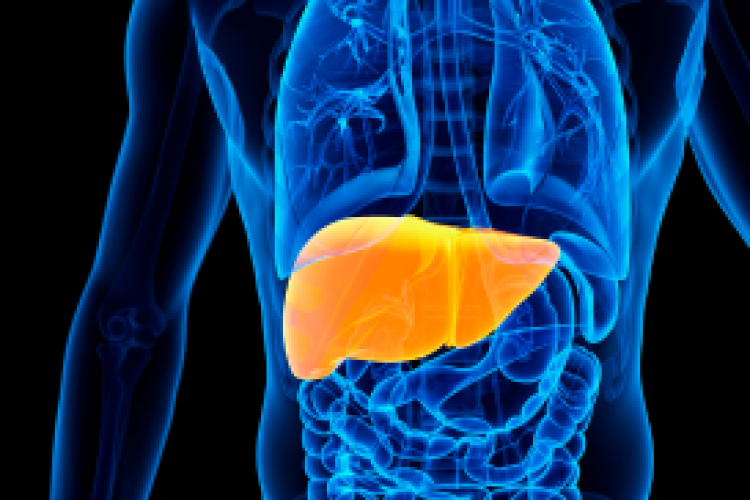Holiday time can pose challenges for people with chronic diseases, including multiple sclerosis. Planning ahead for traveling can make it easier to enjoy time with family and friends this holiday season, says Christopher Langston, MD, Medical Director of The Madlyn Borelli Multiple Sclerosis Center at Montefiore Nyack Hospital.
Traveling during the holidays this year could be trickier due to COVID-19, Dr. Langston said. “People with MS should be fully vaccinated, and preferably traveling to a place where the vaccination rates are high, to lower their risk of infection and MS relapse,” he said.
Tips for traveling with MS include:
- Get a note from your doctor about medications and any special needs (this can be useful if you are carrying injectable medications or need to board the plane early).
- Request medication refills well in advance so you don’t run out.
- Call ahead and ask for assistance at the airport or train station.
- Bring extra medication and keep it in a carry-on bag in case the airline misplaces your luggage.
- If your medication needs to be refrigerated, put it in your carry-on, preferably in an insulated bag with a freezable ice pack. You may also want to pack a few plastic bags in case you do not have access to a freezer and need to cool your injectables with ice.
- If your medication needs refrigeration, make sure your destination has a fridge.
- Pack clothing that will keep your body at a comfortable temperature. Heat can worsen MS symptoms, while cold can increase stiffness and spasticity.
Stress Can Bring on “Pseudo Relapses”
Stress from various situations, including travel, can bring on MS “pseudo relapses,” Dr. Langston said. “In a pseudo relapse, a person’s old symptoms can suddenly come back for a short time—usually less than 24 hours,” he said. It’s important to note that these stress-induced relapses are not caused by new disease activity. “Once the cause of stress is resolved, these flare-ups usually subside within a day,” he said.



 Upcoming Events
Upcoming Events



